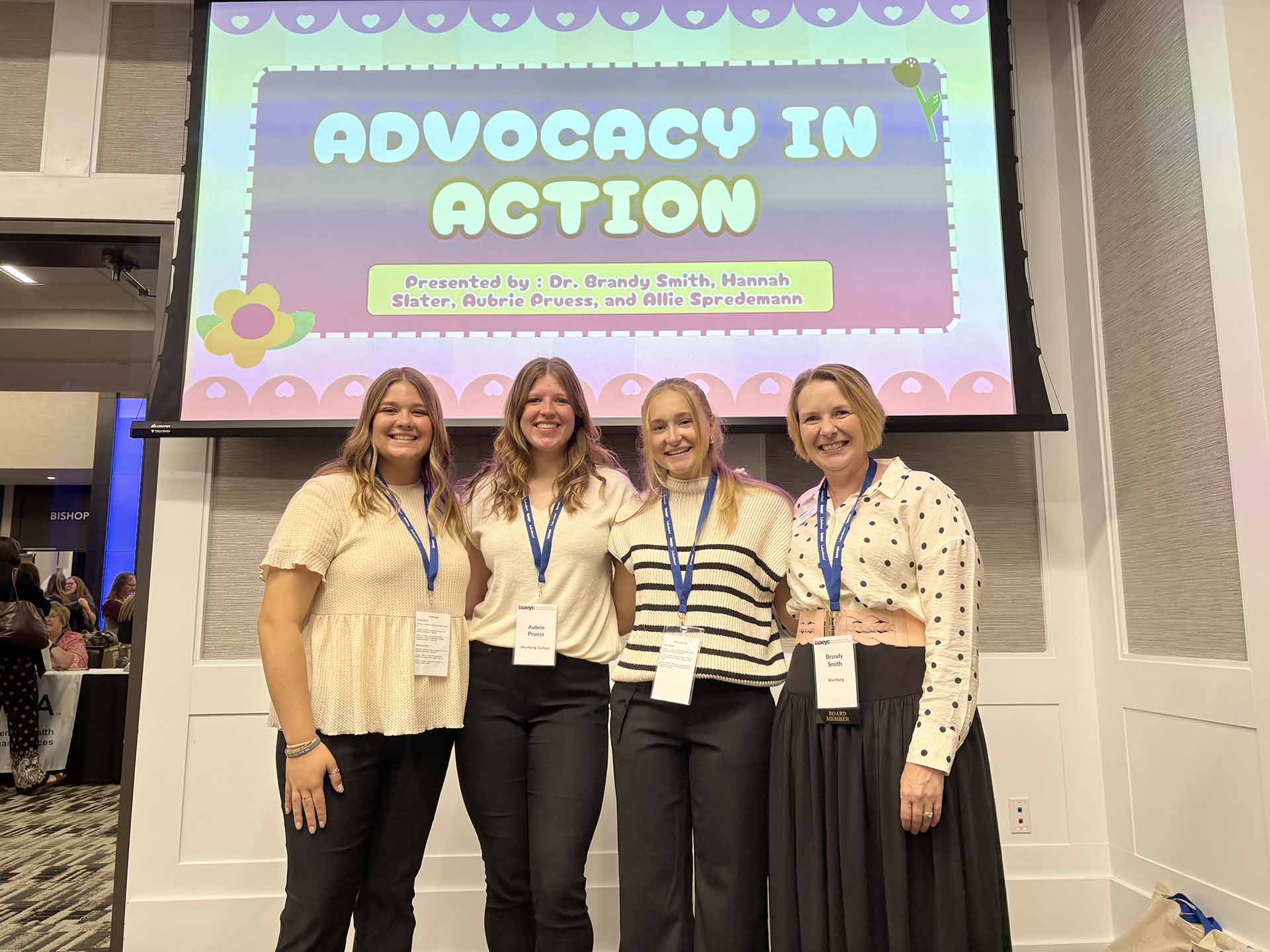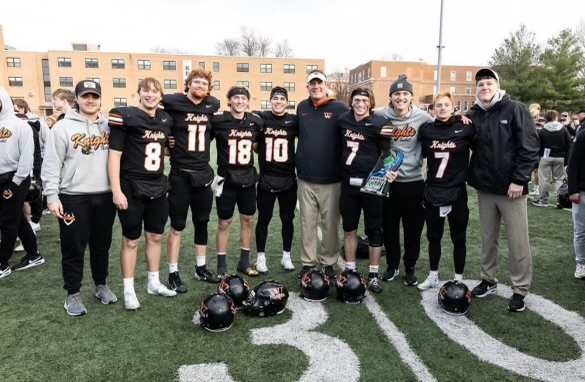
Seminar 100 Courses
Seminar 100 is a foundational course taken by all first-year students. Your orientation group will be your SEM 100 classmates, and classwork begins during orientation. Led by a highly engaged professor, you will address common concepts — the purpose of a liberal arts education; critical reading and thinking; and civil discourse — through the lens of topic that interests you.
An upperclass student will join you in class and serve as a peer mentor through your first term at Wartburg. They will be able to help you with important skills like time management, note taking, studying, and test taking, as well as serve as an additional resource on campus.
All SEM 100 students will participate in two common assignments — a research project and a reflective exercise. The last two weeks of the course will be used to facilitate a common experience among all SEM 100 sections.Please review these options carefully so you are ready to make a SEM 100 selection during your Summer Orientation, Advising, and Registration (SOAR) Day.
SEM 100 First-Year Seminar Courses
Course topics vary. Please find one that fits your schedule and your interests!
Monday, Wednesday, Friday – 12-1:05 p.m.
It is the End of the World (Again) (SEM 100 01)
Justin Jeffcoat Schedtler
End-of-the-World scenarios are prevalent. For many, “apocalyptic” thinking is something to be ignored, if possible, or dismissed as the perverted religiosity of extremist religious groups. Yet, apocalyptic beliefs are by no means limited to marginal groups, or even religious folks; apocalyptic thinking pervades modern culture! This is not new, however, as apocalyptic thought has persisted across disparate times, places, and cultures.
This class will study apocalypticism as it has appeared in a variety of ancient and contemporary contexts, and especially in contemporary media. You will consider some of the theological and ethical problems inherent in apocalyptic thought – e.g., what does an apocalyptic worldview mean for treatment of the environment or for women? Finally, you will reflect on whether and in what ways an apocalyptic worldview can continue to serve as an appropriate and effective vehicle for the expression of religious belief today.
Embracing Change (SEM 100 02)
Casey Reints
In this engaging course, you will learn strategies to navigate personal, academic, and professional transitions effectively. Through interactive discussions, self-reflection, and hands-on activities, you will develop resilience and adaptability, equipping you to thrive in an ever-evolving world.
College in the Era of Generative AI (SEM 100 03)
Dr. LeAnn Faidley
This class will explore how Wartburg’s liberal arts education can equip you to thrive in a world quickly being transformed by Generative AI technology through the investigation of the transformative impacts (possible and actual) of GenAI on areas of interest chosen by you and your classmates. You will also begin to develop the skills needed for success in education and professions in this era of transformation.
Creative Nonfiction (SEM 100 04)
Kim Groninga
Explore creative nonfiction — prose that emerges from the inspirations and ashes of real life — through reading, discussion, reflection, and writing. Forms studied will include memoir, lyric essay, literary journalism, found writing, letters, journals, and more.
Monday, Wednesday, Friday – 1:15-2:30 p.m.
Creating Connections and Joy (SEM 100 05)
Sarah Montgomery
How can building connections with classmates, faculty, and staff support your success? Learn practical ways to develop important relationships, cultivate your own joy as you discover your path, and engage in well-being practices that fuel your body and mind throughout college and beyond.
Play and Games (SEM 100 06)
Ashley Jones
Play, in its varied forms, has been an integral factor in the formation of human culture around the world. Play allows for a range of human behaviors to be manifested in distinct spaces where the rules and norms of the space change with each individual act of play. These acts reflect the cultures and societies they take place in, and while play is universal, the shape it takes is not. Play experiences are an innate part of the human existence that we learn to structure into ways that serve us. In this course, you will define and examine instances of play, stretching from organized sports to analog and digital games. Using a combination of game studies, play theories, and a critical cultural lens, you will work toward understanding how play impacts the development and structures of a culture you participate in. After critically examining how you use play in your daily life to navigate the pressures, labels, and expectations, you will be able to design a play experience to reflect on your own culture.
A Brief History of Classical Music (SEM 100 07)
Dr. Scott Muntefering
Music reflects the spirit of our human condition and to understand music, we need to distinguish and identify how music affects various societies and cultures throughout history. This course will provide an aesthetic and historical perspective of music, covering musical styles and developments from the Middle Ages, Baroque, Classical, and Romantic eras through the 21st century. Students will acquire basic musical vocabulary and listening skills to help build a solid foundation for future musical studies and attendance at musical events.
Vocation for the World’s Welfare (SEM 100 08)
Ronald Johnson
As a mentor from my college days asks, “Is it possible to know the world and still love the world?”. A college education helps us to see the world more clearly, to notice the joys and sorrows mingled together. It also prepares us for leadership and service in a world that delights and frustrates us. We will consider how the choices we make during our college years help us to weave together belief and behavior.
Sports Analytics (SEM 100 09)
Dr. Mariah Birgen
Love sports and numbers? This course dives into how stats and data shape game strategy and performance. You’ll learn to analyze real-world sports data and complete a research project that sharpens your critical thinking and problem-solving skills.
Cultivating the Curious Minds (SEM 100 30)
Kyle Fleming
Innovation and creativity begin by being curious, and developing a curious mindset requires intentional practice. This course will explore the idea of curiosity, how being curious allows us to explore situations from multiple angles, and how exploring the natural and artistic world helps us understand big problems on a deeper level. You will intentionally practice being curious through lectures, games, exploring the outdoors, and creative arts activities.
Teaching Through Multiple Lenses (SEM 100 31)
Murad Mahmoud
Explore modern teaching methods and techniques used by teachers through modern times to serve diverse groups of students with various needs through the use of a book written by teachers as well as various pop culture sources.





